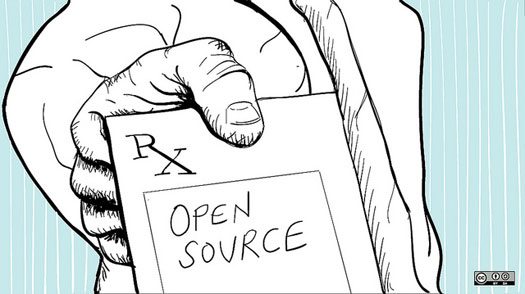
July 12, 2017; Lehigh Valley Live (Associated Press), The Morning Call, Erie News Now
The challenges faced by Pennsylvania’s State System of Higher Education (PASSHE), which operates 14 state colleges, will sound familiar to many nonprofit leaders. Competition has gotten more severe, costs are difficult to control, and revenues are hard to grow. The pressure to keep the doors open make it hard to keep all levels of the system focused on organizational purpose and mission.
The Associated Press observes that PASSHE “has sustained several years of falling enrollment, mirroring the same downward trend in the number of Pennsylvania high school graduates. Along with a period of cuts or flat state funding, that’s left the system searching for a direction forward. Also Wednesday, the board teed up a 3.5 percent tuition increase for a final vote, but even that will leave a budget deficit of about $38 million.”
These problems are far from unique. Faced with these challenges, PASSHE’s Board of Governors did the usual thing and engaged consultants, charging them, according to The Morning Call, with studying “how schools and the Office of the Chancellor can be more viable and sustainable amid a five percent enrollment drop in the last decade and intense competition.” Yesterday, their consultants, the Colorado-based National Center for Higher Education Management Systems, reported back with some atypical recommendations that challenge PASSHE’s leadership to forget simple solutions, remember and embrace their mission, and do the hard work of repairing their system.
The deep, systemic problems PASSHE’s leadership has been challenged to confront could serve as a yardstick for many organizations who are interested in assessing their effectiveness in trying circumstances. Are they more focused on how well they accomplish the mechanics of day-to-day operations than on the needs of their students and the communities they serve? Is the organization’s culture rife with distrust and competition, or transparent and collaborative? Is decision-making driven more by political considerations than by the best interests of its students and communities? How is it balancing its responsibilities as an employer with its mission? How strong is organizational leadership, and how clear is the process of governance?
Sign up for our free newsletters
Subscribe to NPQ's newsletters to have our top stories delivered directly to your inbox.
By signing up, you agree to our privacy policy and terms of use, and to receive messages from NPQ and our partners.
Dennis Jones, the National Center’s President Emeritus, laid out the challenge of real change. “You don’t have silver bullets in higher education. You’ve used all those up.” The report took off the table closing campuses, merging units, or divesting parts of the system. It also nixed “undermining the collective bargaining process.”
Jones emphasized the importance of remembering PASSHE’s mission. “Closing institutions flies directly in the face of providing access to the students you’re supposed to serve.” It recognized that PASSHE’s inability to solve its problems reflected a failure of governance and a focus on symptoms, not problems.
PASSHE’s leadership was challenged to build solutions that change the culture of their organization, collaboratively and from the bottom up. According to Erie News Now, schools with stronger strategies should be incentivized to collaborate with others to share their strengths. Jones said “the Board of Governors are now urged to let each PASSHE school find a unique financial strategy for its own situation. ‘You’ve got 14 different campuses and a standard set of responses to almost everything.’” But the system should not lose sight of the reality that “what works for schools in eastern Pennsylvania may not work for those in the western half of the commonwealth.” Only by building a collaborative system which blends local and common interests can the system fulfill its mission.
There is wisdom in the National Center’s guidance, but what they propose is difficult work that needs to be accomplished over time. Deciding to find more collaborative strategies and work toward cultural change requires a tolerance for uncertainty as it unfolds. Can an organizational board working under political and economic pressure choose this path? This, too, is a question not unique to PASSHE; it faces every leader who is considering how to move forward.—Martin Levine













